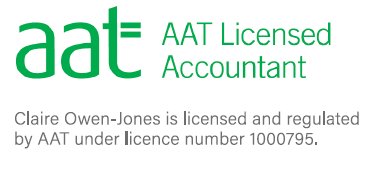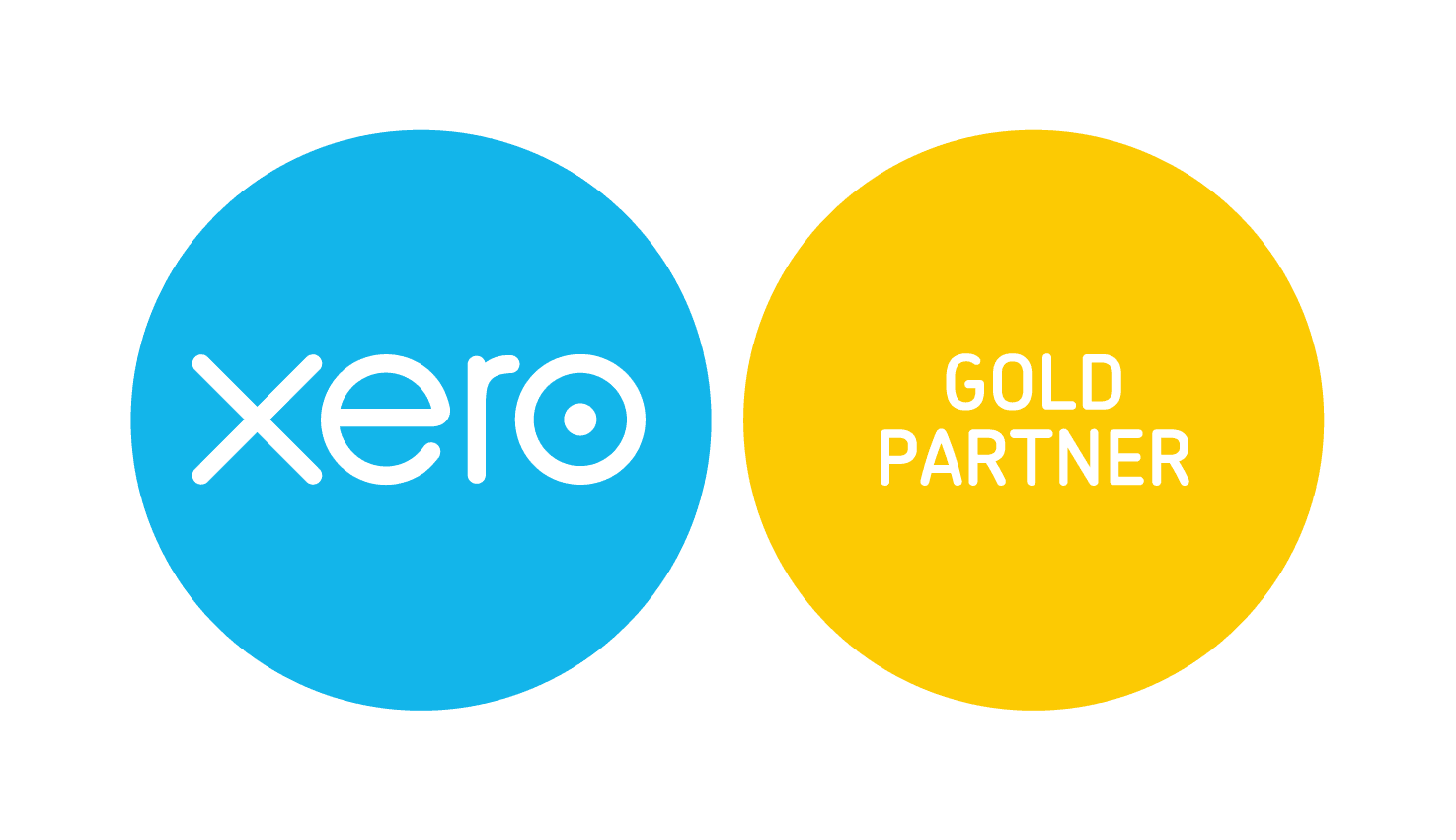There may come a time when you will start to wonder whether becoming VAT registered will benefit your business.
You could reach this point before you even begin trading but it might never cross your mind until your business ramps up a notch.
Either way, there are a couple of things that you may want to consider before deciding whether registering for VAT is the right thing for you.
Now I don’t normally do disclaimers before I begin a blog, but it is worth remembering that VAT is tricksy. For this reason, I am going to talk generally and in broad terms as that will apply to most of you reading this.
So, if you work within health or education or if your customers and clients are based outside of the UK, you may want to speak to an accountant first. Because as I said before; tricksy.
If your sales have exceeded the VAT threshold or are about to.
The VAT threshold is currently £85,000 so if your turnover (total sales) has passed this, then you will need to register for VAT.
Also, if you believe that your turnover will pass the threshold within the next 30 days, then you will have to register for VAT.
So, that’s nice and easy.
How will you know when you have exceeded the VAT threshold?
VAT is a separate tax to your personal tax, corporation tax and so on. For this reason, it is not linked to your financial year end.
It is a common mistake to believe that whether your turnover exceeds the VAT threshold is linked to your accounting year end. Unfortunately, it doesn’t get to 31 March and then reduce to 0 as of 1 April.
Instead, it calculates your turnover on a rolling 12-month basis. This means it’s whether your turnover exceeded the £85k between January and December and then February to January and so on.
So, if you feel as though your turnover is edging towards the threshold it is worth keeping on eye on how it is looking at the end of every month. That could be something as simple as listing out all your invoices in an excel document and adding up the last 12 months or generating a report within your accounting software.
I should also add that if you are self-employed and have several businesses, you will need to combine all their turnovers for this exercise. I’ll explain more in a minute but whilst you can have several Limited Companies and each will be treated individually for VAT, all your sole trade income will be treated as one.
Are you a sole trade or Limited Company?
You do not have to have a turnover in excess of the VAT threshold to register for VAT as anyone can apply on a voluntary basis.
If you would like to voluntarily apply to VAT it may be worth remembering that if you are self-employed, it will be you as an individual who will be registered for VAT and not your business.
The result will be that if you register yourself for VAT, your business will be subject to VAT, but your rental income will also need to include VAT and any other sole trade businesses that you have. You are not able to register just the one income stream.
Are you planning on growing your business quickly?
Another thing that is worth considering is whether you intend on growing your business quickly.
If you believe that you will exceed the VAT threshold within the first year of trading, then you may wish to register for VAT from the very start.
The benefits of doing this are:
- Your customers will get used to paying VAT on your sales and it will remove the need to adjust your pricing when you do register.
- You can reclaim that VAT on all your set up costs (that have VAT on them).
- You can set up your business with all the systems in place to deal with VAT from the off.
Are most of your customers VAT registered?
I recommend reviewing your customers before deciding to voluntarily register for VAT.
If you tend to work with VAT registered businesses, then they shouldn’t care whether you are VAT registered as they’ll be able to reclaim this from HMRC when they do their own VAT Return.
This means that you can add VAT on your sales without any resistance but can then reclaim the VAT on your purchases.
However, if your customers are non-VAT registered businesses or members of the public, they will be unable to reclaim the VAT element on your invoice. This means that not having to add VAT to your sales could give you a price advantage over your VAT registered competitors.
Do you pay VAT on a lot of your expenses?
As well as reviewing your customers, it is also worth reviewing your expenses.
You may find that your main expenses are wages, non-VAT registered freelancers, software and so on that doesn’t have VAT on them.
If that is the case, you may find that if you register for VAT, all you’ll be doing is completing VAT Returns so you can pay over the VAT collected on your sales over to HMRC.
The flip side to this, if you have a large number of purchases that you are paying VAT on, such as your stock, rent or equipment, then being able to reclaim this each quarter could reduce your costs and help with cash flow.
Claiming back VAT on purchases made before VAT registration.
If you do decide that you will register for VAT, either voluntarily or because you have exceeded the VAT threshold, HMRC do allow you to reclaim VAT on:
- 4 years’ worth of goods if your still have them
- 6 months of services
That said, if you do decide to claim back VAT on historical purchases, this could result in amendments needed to be made to previously submitted accounts. You will be already gained tax relief on these purchases, so it is worth considering whether the VAT savings out weight the self-assessment/corporation tax relief and additional accountancy fees.







